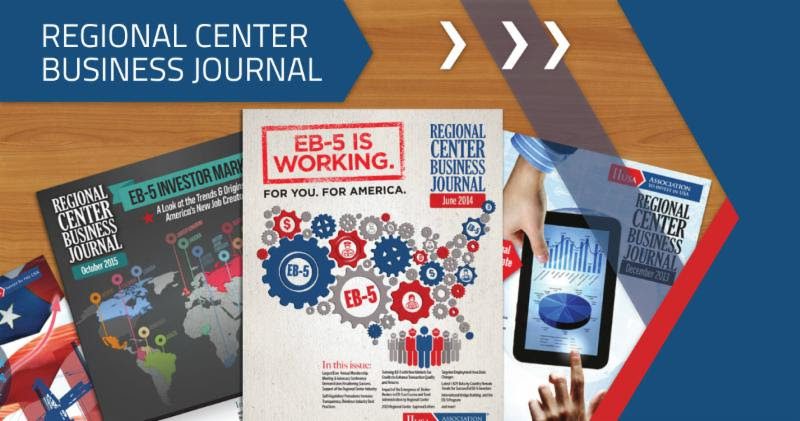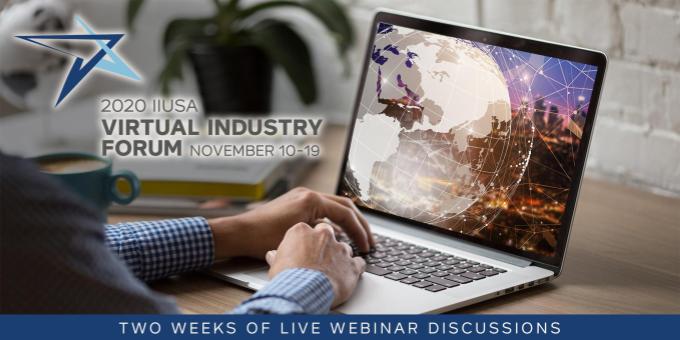By William Cornelius, Attorney, Torres Law, P.A.
The novel coronavirus known as COVID-19 (“COVID-19”), together with related governmental and regulatory responses, have affected economic and financial market conditions as well as the operations, results and prospects of companies across many industries. Although the true extent of the economic and financial disruptions remains unclear, the global economy has experienced and continues to experience significant changes in business and economic conditions generally as the COVID-19 crisis continues.
Unfortunately, projects utilizing EB-5 financing (“EB-5 Projects”) are not immune from the pandemic and its adverse effects on the U.S. and global economies, including market volatility, market and business uncertainty and closures, supply chain and travel interruptions, the need for employees to work at external locations and extensive medical absences among the workforce.
As the pandemic economy continues to impact new commercial enterprises (“NCEs”) and job-creating-entities (“JCEs”) alike, this article will discuss (i) appropriate disclosures to EB-5 investors regarding COVID-19 and its impact on both their investment and their EB-5 Project and (ii) the timing of such disclosures and when obtaining consent from EB-5 investors is appropriate. We will discuss these issues in the context of three common EB-5 offering scenarios: new offerings, existing/on-going offerings and offerings that are either closed or experiencing distress.
New Offerings
In addition to COVID-19’s clear impact on the business and operations of EB-5 Projects within a myriad of industries, it has also seemingly had a stifling effect on the number of NCEs conducting new EB-5 offerings (“EB-5 Offerings”).
Of course, there has been a gradual reduction in the number of EB-5 Offerings in recent years that cannot be attributed to COVID-19 alone. To be sure, the lack of definitive policy determinations by USCIS, changes to TEA determinations and methodologies, increased minimum investment amounts and the increasing visa backlog for investors from Mainland China are contributing factors. The United States’ uncertain political climate – particularly in an election year – is also likely a factor.
Nevertheless, the financial and market disruptions caused by COVID-19 have led some EB-5 operators to adopt a “wait and see” approach with respect to new EB-5 Offerings. Though certain EB-5 operators with exceptional projects and/or meaningful migration agent relationships have been able to conduct successful EB-5 Offerings during this tumultuous time, prospective EB-5 Offerings must deal directly with the uncertainties faced caused by COVID-19, the constraints it continues to impose, and the potential impact, financial and otherwise, that COVID-19 may have on prospective EB-5 investors…
CONTINUE READING
Learn More About Securities Challenges Facing EB-5 Post COVID-19 at the IIUSA Virtual EB-5 Industry Forum!
The Virtual IIUSA EB-5 Industry Forum is the industry’s premier educational, advocacy, and business development programming of the fall! The five-day webinar event will provide listeners with leading educational and business development content all through an easy to navigate virtual platform.
Tomorrows Programming Includes:
- Opportunity Zines & EB-5: Working Together for American Communities
- Real Estate Workouts: Unique Challenges Facing EB-5 in the Wake of COVID-19









